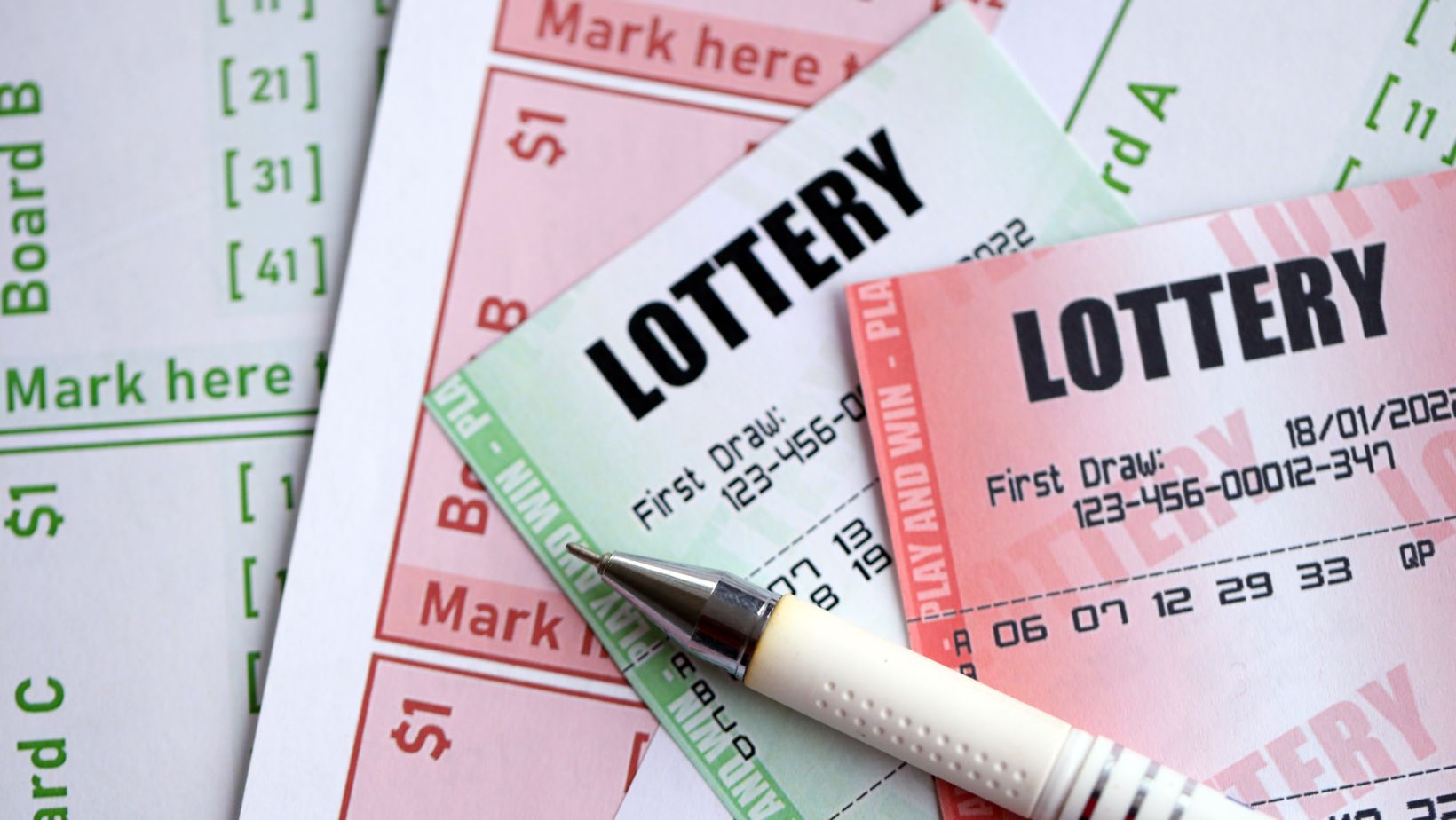Seven out of every ten Canadians gamble in a way. If it’s not through lotteries, it’s through casinos or sports betting. The reason is not far-fetched; gambling is fun and can be a way for some people to relax from the stress that comes with daily tasks and routines.
Besides, gambling is an undeniable gateway to wealth when fortune smiles on players. No wonder people rush to read online gambling and casino blog for up-to-date news about new game releases and casino news. Authentic information is critical to winning big, not only in slots but also in casinos and lotteries.
That said, are you taxed on lottery winnings in Canada? It’s a question worth considering because when someone hits the jackpot in the lottery, people often advise that they get a financial expert and a lawyer straight away. Are they not supposed to just withdraw their millions, keep it in a bank, and enjoy their rewards? Are lottery winnings taxed in Canada, requiring some financial knowledge to avoid paying almost half of the sum to the government?
Are Lottery Winnings Taxed in Canada?
“Winnings from a Canadian lottery such as Lotto Max or 649 are considered to be windfalls, and windfalls are not subject to tax. Even winnings from a sweepstake or lottery sponsored by a charitable organization are generally tax-free.”
The above is a submission from TurboTax, a popular tax preparation software in Canada. Other Canadian tax experts affirm this position for the same reason. What this means is that the government doesn’t see gambling as a regular income source for which citizens can pay taxes. Implications? You are free to spend any amount you win in a lottery, no matter how big it is.
If you call this a great incentive for Canadian gamblers, you won’t be wrong. It’s not even obtainable in the US and many European nations. Nevertheless, while this sounds encouraging for stakeholders in this industry, why are lottery winnings not taxed in Canada? It’s a question that needs much more than a surface answer.
Why Are Lottery Winnings Not Taxed in Canada?
There are a couple of reasons the Canadian government might have chosen to exclude winnings from lotteries from the income sources it taxes. Here are some of those possible reasons
Categorization
Based on the Canada Revenue Agency’s categorization of income, earnings from lotteries belong to an income category called windfalls. Such incomes are not regular or expected. As such, they are excluded from taxes.
Participation Incentive
Canada hasn’t hidden its support for sports games, lottery, or casinos. The government surely sees it as a means to increase public revenues in many ways, and what better way to encourage massive participation than to make it a tax-free reward for lucky players? It seems this incentive is working because according to Statistics Canada,

“In 2018, nearly two-thirds (64%) of Canadians aged 15 and older reported gambling at least once in the past year. Games of pure chance were the most popular forms of gambling, with 48% playing the lottery in the past year.”
Lottery winners can spend their money to the last cent without giving a dime to the government.
Administrative Convenience
Ensuring tax compliance is no small task, and it gets even tougher with irregular income sources like lottery winnings. It seems easier to just let winners have it all than go through strenuous means to get a slice from a cake that is once in a while. As it goes, one person does not always win big all the time.

Also, there are many small and big winners from different lottery outlets. Capturing all these and ensuring that everyone pays their fair share is a herculean administrative task that the government may consider better ignoring than venturing into, especially considering the ROI on such.
Economic Implication
There’s something about how humans spend money they feel it’s free that the government is also probably exploiting, which is: carefree spending. It’s not unusual to see big lottery winners become broke in just about a few months after their fortunes. What happened to the millions? The answer is simple; they spent it.
While some invest their big earnings in businesses and real estate, others simply spend it on goods and services. But whichever way the funds are spent, they hold the potential for driving economic growth. Therefore, Canada’s revenue authorities may want to increase gamers’ spending capacity to encourage economic growth.
Reactions From Lottery Players and Others
As expected, beneficiaries of taxless lottery winnings express gratitude, joy, and satisfaction with the policy, citing the risks and investments players undergo before they eventually win the big prize. Some people even argue that the money used to play the lottery has already been taxed, and that whatever earnings from investment of such funds will also be subject to prevailing tax laws.
Conclusion
So, the answer to the question “Are you taxed on lottery winnings in Canada?” is a NO. That’s because such winnings are seen as unexpected income sources by the government.

